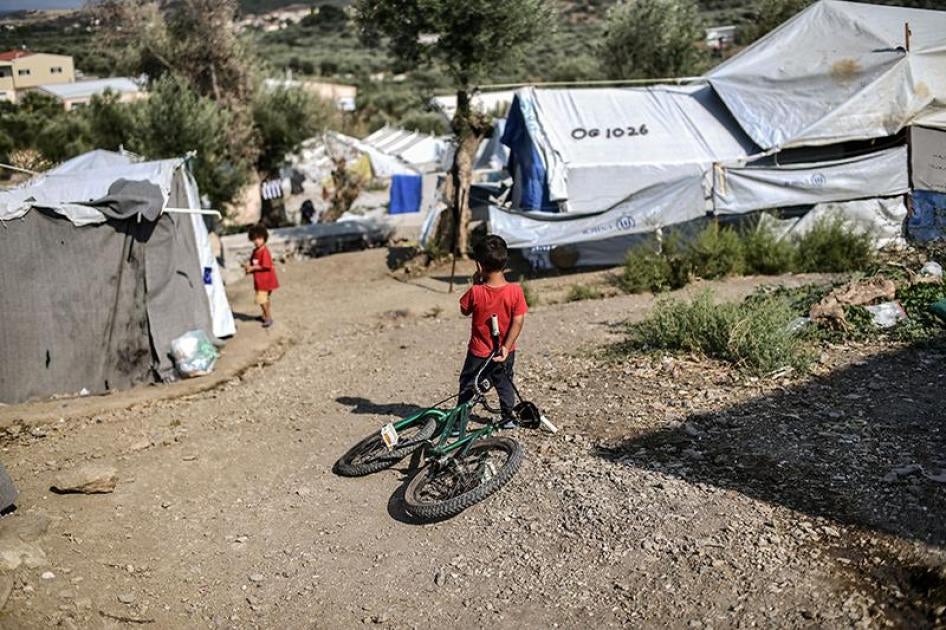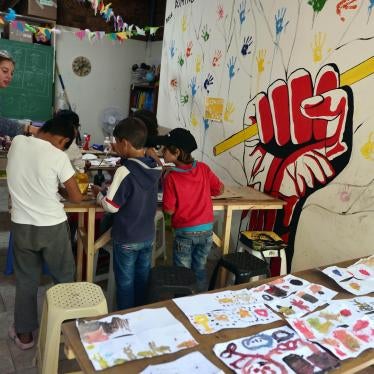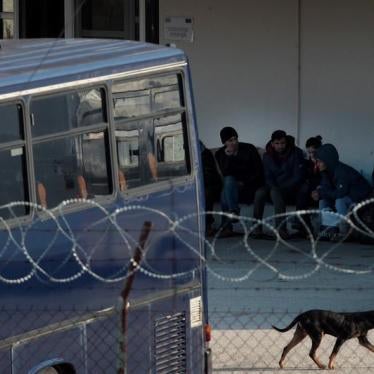Boat migration to Greece is no longer in the headlines but the crisis for asylum seekers on the Greek islands continues.
More than 18,000 asylum seekers remain trapped in overcrowded camps on the Aegean islands. The largest, Moria camp on Lesbos, now holds more than 9,000 people, triple its capacity. Children don’t have access to schools and vulnerable asylum seekers, including pregnant women and people with disabilities, cannot access critical services.
Doctors Without Borders has tried to draw attention to the health crisis stemming from unsanitary, crowded conditions. Children are particularly affected, with several treated for self-harm. A recent BBC report revealed 10-year-old children attempting to take their own lives. Violence, including gender-based violence, goes largely unchecked. Last week, a regional health and safety authority inspected Moria and gave authorities one month to address the abysmal conditions.
People are trapped in the camp because of an EU-backed containment policy introduced by the Greek government following the 2016 EU-Turkey deal forcing those who arrive on the islands to remain there while their cases are processed. This can take months or years. The government has transferred around 13,000 from the islands to mainland Greece since November, following concerted pressure from civil society groups but it has refused to halt the policy even after a top Greek court ruled against it.
EU Commissioner for Migration, Dimitris Avramopoulos, has just visited Athens to discuss migration management with Prime Minister Alexis Tsipras. While the relocation of a few thousand more asylum seekers from the islands has been announced, the containment policy remains.
The containment policy has been an abject failure so the EU should work with Greece to end it and move all asylum seekers to the mainland into adequate accommodations. Greece should also fix the asylum decision making process so that it can determine who is entitled to protection and who can safely be removed.
As EU leaders in Salzburg discuss the creation of “controlled centers” in other EU countries to take charge of people rescued at sea, fears grow that these could replicate the worst abuses seen on the Greek islands. The failure to fix the situation more than two years after the peak in arrivals does not bode well for the future of such plans elsewhere on the continent.









